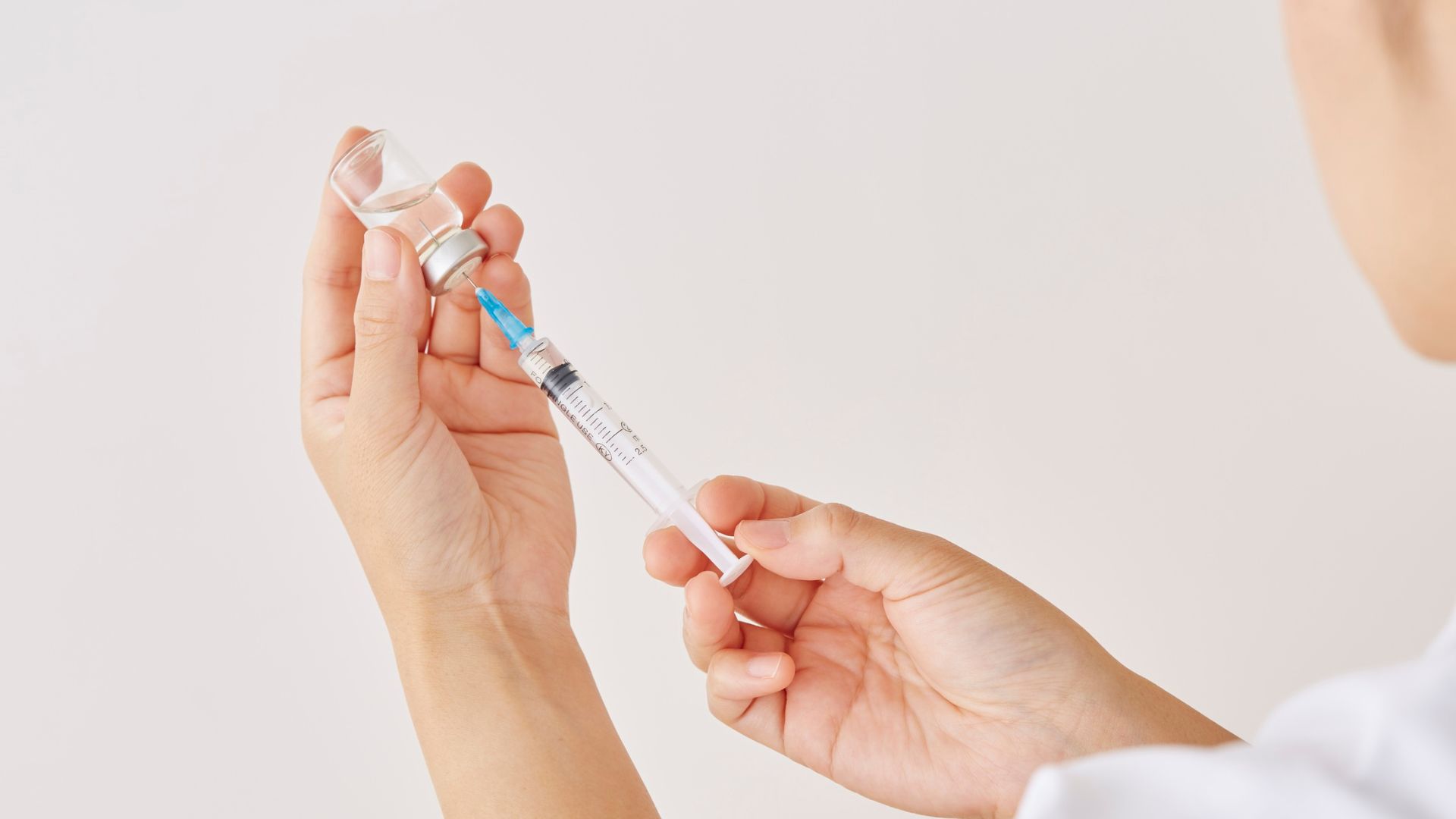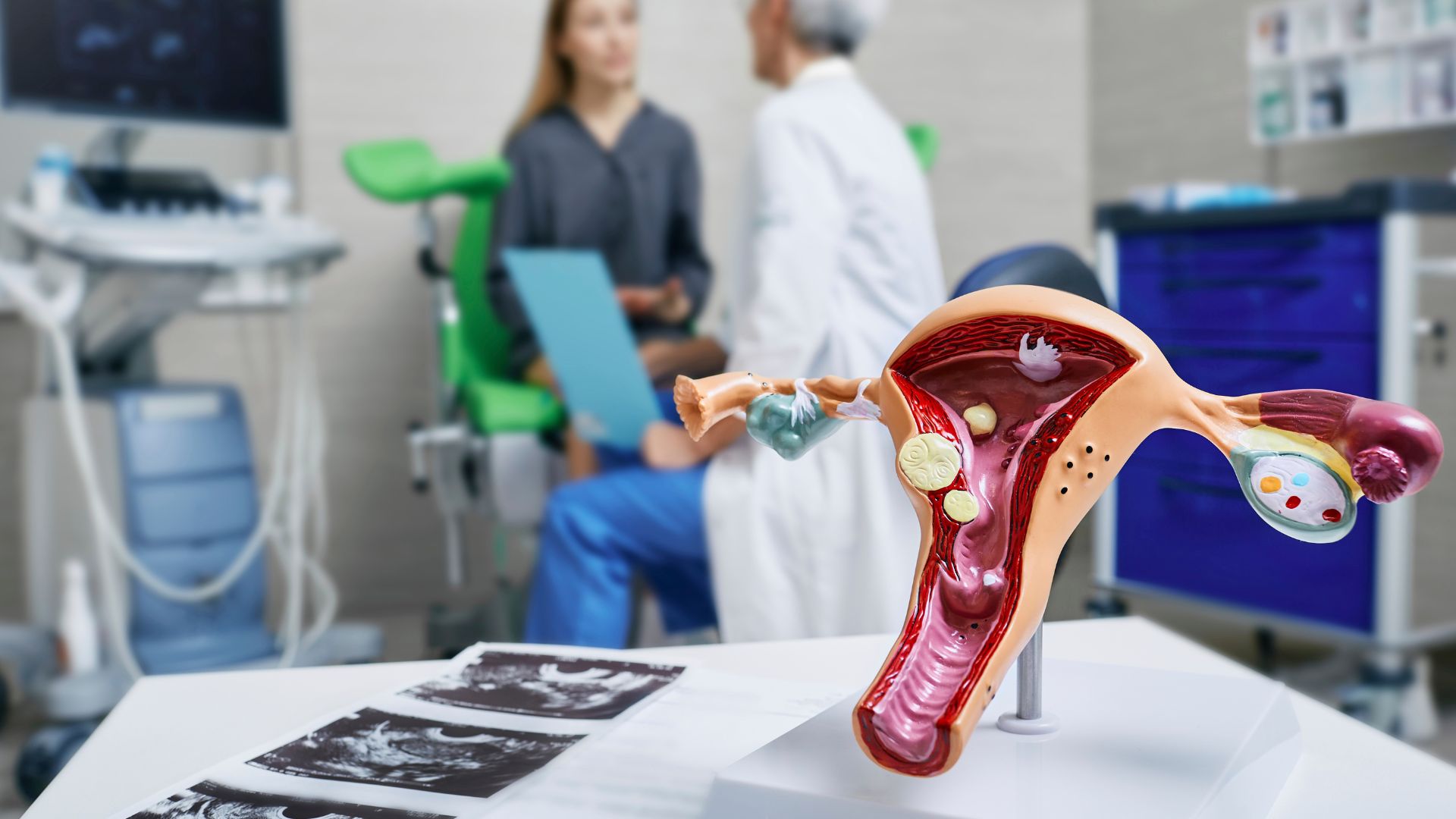This blog offers an in-depth exploration of the complex world of hormone therapy, aiming to clarify its fundamental concepts and implications. It provides insights into the mechanisms of hormone therapy, identifies who might benefit from it, and discusses the potential risks and rewards associated with various treatment options.
Readers will discover valuable information on how hormones influence overall health, the different types of hormone therapy available, and the latest research developments in the field. By simplifying complex medical terminology into clear, accessible language, this overview empowers individuals to make informed choices about their health and wellness through hormone therapy.
Exploring the Connection Between Hormones and Overall Health
Understanding Hormones and Their Functions
Hormones are chemical messengers that play a crucial role in regulating various bodily functions, from metabolism and growth to mood and reproduction. They are produced by glands in the endocrine system and travel through the bloodstream to target organs and tissues, influencing their activity. Understanding the specific roles of key hormones, such as insulin, cortisol, estrogen, and testosterone, can provide insight into how imbalances may affect overall health.
The Impact of Hormonal Imbalances
Hormonal imbalances can lead to a range of physical and emotional issues. For instance, low levels of estrogen may contribute to menopausal symptoms such as hot flashes and mood swings, while excess cortisol can lead to weight gain and heightened stress levels. Recognizing the signs of hormonal imbalances is vital, as they can often be managed through lifestyle adjustments, medical interventions, or hormone therapy.
Hormones and Mental Health
Emerging research suggests a significant connection between hormones and mental health. Hormones such as serotonin and dopamine influence mood regulation and emotional well-being. Fluctuations in hormone levels can affect mental states, leading to anxiety, depression, or changes in mood. Understanding this connection can help individuals identify when hormonal therapy may be a beneficial component of their mental health treatment plan.
The Role of Diet and Exercise in Hormonal Balance
Lifestyle choices, particularly diet and exercise, play a significant role in maintaining hormonal balance. Certain foods can positively influence hormone production and function, while regular physical activity can help regulate hormonal fluctuations. A balanced diet rich in nutrients and regular exercise contributes not only to hormonal health but also to overall well-being.
By exploring these aspects, individuals can better appreciate the profound impact hormones have on their health and the importance of maintaining balance within the endocrine system.
Hormone Therapy for Men and Women: Key Differences
Overview of Hormone Therapy
Hormone therapy is a treatment that involves administering hormones to address imbalances or deficiencies in the body. While both men and women may benefit from hormone therapy, the specific hormones involved and the treatment goals can differ significantly between the sexes.
Hormone Therapy for Women
For women, hormone therapy is often employed to alleviate symptoms associated with menopause, such as hot flashes, night sweats, and vaginal dryness. The most common form of hormone therapy for women includes estrogen, which can be administered alone or in combination with progesterone. Bioidentical hormones have gained popularity as a more natural alternative, although further research is needed to fully understand their effects.
Hormone Therapy for Men
In contrast, hormone therapy for men primarily focuses on addressing low testosterone levels, a condition often referred to as hypogonadism. Testosterone replacement therapy (TRT) can improve symptoms like fatigue, depression, and decreased libido. Methods of delivery for testosterone include injections, patches, and gels, each offering different benefits and considerations.

Potential Risks and Benefits
Both men and women must weigh the potential risks and benefits of hormone therapy. For women, certain studies suggest an increased risk of blood clots or stroke with long-term estrogen use, while men may experience side effects such as acne or sleep apnea with TRT. Discussing personal health histories with a healthcare provider is essential to determine the safest and most effective hormone therapy approach.
Understanding the key differences in hormone therapy for men and women prepares individuals to approach treatment with knowledge and awareness. By recognizing the unique hormonal needs of each sex, patients can make informed decisions that align with their health goals and improve their quality of life.
The Role of Lifestyle and Diet in Supporting Hormone Therapy
The Influence of Nutrition on Hormonal Health
Nutrition plays a crucial role in supporting hormone therapy by providing the body with essential vitamins and minerals that are necessary for optimal hormonal function. A diet rich in whole foods, including fruits, vegetables, lean proteins, and healthy fats, can help regulate hormone levels. For instance, foods high in omega-3 fatty acids, such as fatty fish and flaxseeds, are known to reduce inflammation and promote hormonal balance. Plenty of leafy greens can supply the body with crucial micronutrients that help in hormone synthesis.
The Importance of Regular Physical Activity
Regular exercise is vital not only for overall health but also for the effectiveness of hormone therapy. Physical activity can enhance hormone production and improve sensitivity to hormones like insulin. Engaging in activities such as strength training, aerobic workouts, and yoga can help manage stress levels, which directly influence hormone balance. Upon incorporating a consistent exercise regimen, individuals undergoing hormone therapy may experience improved mood, increased energy, and better overall outcomes.
Stress Management and Hormonal Balance
Chronic stress can lead to elevated levels of cortisol, negatively affecting hormone therapy and overall health. Implementing stress management techniques, such as mindfulness, meditation, or deep breathing exercises, may support hormonal balance and enhance the effectiveness of hormone treatments. Creating a balanced lifestyle that prioritizes mental well-being is essential in optimizing the benefits of hormone therapy.
Sleep: A Cornerstone of Hormonal Health
Quality sleep is imperative for hormone regulation and should not be overlooked in the context of hormone therapy. Poor sleep can disrupt the natural production and balance of hormones, leading to exacerbated symptoms. Striving for consistent sleep schedules and creating restful environments can significantly improve sleep quality and, as a result, enhance the efficacy of hormone treatments.
By prioritizing a healthy lifestyle and dietary choices, individuals undergoing hormone therapy can maximize their treatment outcomes and improve their overall well-being. Understanding the interconnectedness of these lifestyle factors empowers patients to take proactive steps in their hormonal health journey.
What to Expect During Your Hormone Therapy Journey
Initial Consultation and Assessment
At the outset of your hormone therapy journey, you will undergo an initial consultation with a healthcare provider. This assessment is crucial for evaluating your symptoms, reviewing your medical history, and conducting necessary blood tests to determine hormone levels. The information gathered during this phase lays the groundwork for a tailored treatment plan that aligns with your specific hormonal needs.
Treatment Plan Development
After the assessment, your healthcare provider will formulate a personalized treatment plan. This plan may include the type of hormone therapy prescribed, dosage, and method of administration. You will also discuss potential side effects and monitoring strategies to ensure the therapy's effectiveness. Open communication during this stage is essential for establishing a plan that fits your lifestyle and health goals.
Regular Monitoring and Follow-ups
Once your hormone therapy begins, regular follow-ups with your healthcare provider will be scheduled to monitor your progress. During these appointments, your hormone levels will be re-evaluated, enabling adjustments to your treatment plan as necessary. This ongoing monitoring ensures safe and effective hormone therapy, helping to manage any side effects that may arise and track improvements in symptoms.
Lifestyle Adjustments and Support
As you progress through your hormone therapy, making lifestyle adjustments can significantly enhance your treatment outcomes. This includes adhering to nutritional guidelines, maintaining an exercise routine, and implementing stress management techniques. Connecting with support groups or seeking guidance from healthcare professionals can also provide valuable insights and encouragement throughout your journey.
Patience and Adjustment Period
It is important to recognize that the effects of hormone therapy may not be immediate. Some patients may experience a gradual improvement in symptoms, while others might notice changes more rapidly. Patience is key as your body adjusts to the new hormone levels, and it may take several weeks or months before you experience the full benefits of the treatment. Remaining in close contact with your healthcare provider and openly discussing any concerns will facilitate a smoother transition during this period.
Navigating through hormone therapy can be an empowering journey toward better health. By understanding what to expect at each stage, from the initial assessment to ongoing adjustments, you can approach your treatment with confidence and awareness, ultimately leading to enhanced well-being and a higher quality of life.
How Hormone Therapy Can Impact Aging and Longevity
Understanding Hormonal Changes with Age
As individuals age, the natural production of hormones such as estrogen, testosterone, and growth hormone tends to decline. These hormonal changes can lead to a variety of age-related symptoms, including reduced energy levels, decreased muscle mass, and diminished skin elasticity. Understanding the role of hormones in aging is crucial in managing these changes and maintaining overall health.

Benefits of Hormone Replacement Therapy
Hormone replacement therapy (HRT) can play a significant role in mitigating the effects of aging. HRT aims to restore hormone levels to a more youthful state, which can improve energy, mood, and cognitive function. Additionally, it has been associated with enhanced bone density and muscle strength, reducing the risk of osteoporosis and frailty in older adults.
Impact on Metabolism and Weight Management
Hormones play a vital role in regulating metabolism. By addressing hormonal imbalances through therapy, individuals may experience improved metabolic function, making it easier to maintain a healthy weight. This improvement can counteract age-related weight gain and its associated health risks, including cardiovascular disease and diabetes.
Cognitive Benefits and Mental Clarity
Research suggests that hormone therapy may have cognitive benefits for those experiencing age-related decline. Some studies indicate that restoring balanced hormone levels can improve memory, focus, and overall mental clarity. This cognitive enhancement is crucial for maintaining the quality of life and independent living as one age.
Enhancing Quality of Life and Well-being
Beyond physical health, hormone therapy can significantly impact emotional and psychological well-being. Many patients report improved mood, reduced anxiety, and greater emotional stability after starting hormone therapy. By enhancing overall life satisfaction, HRT can contribute positively to mental health as individuals navigate the aging process.
Considerations and Risks
While hormone therapy offers various benefits, it is essential to consult with a healthcare provider to evaluate the potential risks and side effects. Factors such as personal health history, the type of hormone therapy, and lifestyle choices must be considered when determining the suitability of therapy. Regular monitoring is necessary to ensure safe and effective treatment.
By understanding how hormone therapy can influence aging and longevity, individuals can make informed decisions about their health. Embracing a proactive approach to hormonal health can lead to enhanced vitality and a more fulfilling life as one ages.
The Importance of Regular Monitoring and Adjustments in Hormone Therapy
Ensuring Safety and Effectiveness
Regular monitoring during hormone therapy is crucial to ensure that the treatment remains safe and effective. This involves frequent assessments of hormone levels to determine if adjustments in dosage or type of therapy are needed. Targeted monitoring helps prevent potential side effects and complications that may arise from inappropriate hormone levels, thereby promoting overall health and safety for the patient.
Personalized Treatment Plans
As individuals respond differently to hormone therapy, regular follow-ups allow healthcare providers to tailor treatment plans to meet each patient's unique needs. Adjustments may be necessary as hormone levels fluctuate over time or as patients experience changes in their health status or lifestyle. This personalized approach optimizes treatment outcomes and enhances patient satisfaction.
Addressing Side Effects
Monitoring plays a significant role in identifying and managing any side effects of hormone therapy early on. Patients may report various symptoms, such as mood changes, fatigue, or physical discomfort. Timely feedback during appointments enables healthcare providers to modify the treatment plan or explore alternative therapies, ensuring that patients maintain a positive experience throughout their journey.
Tracking Progress and Outcomes
Consistent follow-ups are essential for tracking the effectiveness of hormone therapy over time. By evaluating progress through objective measures such as hormone blood tests, patient-reported outcomes, and quality-of-life assessments, healthcare providers can determine whether the therapy is achieving its intended goals. This ongoing evaluation fosters trust and encourages open communication between patients and providers.

Supporting Patient Engagement
Regular monitoring encourages patients to actively participate in their care. By being involved in their treatment journey, patients become more aware of their hormonal health and the impact of therapy on their lives. This engagement can lead to better adherence to treatment plans, improved outcomes, and ultimately, a higher quality of life.
Contact Oceanside Medical Today
Taking charge of your hormonal health is a vital step towards enhancing your quality of life as you age. At Oceanside Medical, our dedicated team is here to provide you with personalized hormone therapy solutions and comprehensive support. Don’t hesitate to reach out for a consultation to discuss how we can help you navigate your unique health journey. Contact us today and take the first step towards a healthier, more vibrant you!














